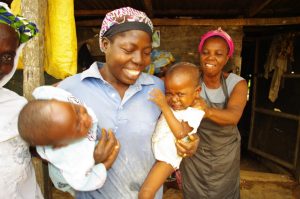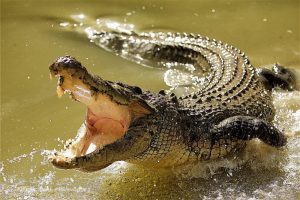Sports court sets November dates to hear Russian doping case


GENEVA (AP) — The Russian doping scandal will return to sport’s highest court in November when the nation faces a four-year ban of its flag, anthem and colors from Olympic Games and world championships.
The Court of Arbitration for Sport said on Tuesday its judging panel will hear evidence on Nov. 2-5 in the latest case examining allegations of state-backed doping and covering up evidence.
No timetable was given for an expected verdict in a case which should be heard at the court’s headquarters in the Olympic capital of Lausanne, Switzerland.
The sanctions will take effect when the CAS panel of three judges give its verdict.
The legal fight follows the World Anti-Doping Agency recommending a four-year slate of punishments for Russian sport and athletes last December and declaring the national anti-doping agency non-compliant.
WADA investigators found years of data from the Moscow testing laboratory relating to hundreds of athletes had been tampered with before being handed over last year.
Russian teams and athletes would be stripped of their identity by the WADA sanctions proposal and forced to compete as neutrals at major events such as the Tokyo Olympics and 2022 Beijing Winter Games.
Russia would also be blocked from bidding to host major championships and risk being stripped of events it was already due to host.
The hearing was required after Russia’s anti-doping agency, known as RUSADA, disputed the ruling by WADA’s executive committee at the urging of state authorities including President Vladimir Putin.
WADA’s request for the CAS hearing to be held in publicly open court was denied because all parties involved needed to give consent.
The case involves the International Olympic Committee and International Paralympic Committee, plus the Russian bodies of both organizations, and ice hockey’s governing body, the court said in February. Some Russian athletes also asked to be part of the legal process.
Data from the lab shuttered by WADA in 2015 and long sealed by Russian security agencies was demanded by the anti-doping watchdog in exchange for recognizing RUSADA’s status again in September 2018.
Russia handing over the data archive in January 2019 was meant to help resolve the scandal that has tainted the Olympic Games since 2008, and in particular the 2014 Winter Games in Sochi.
However, WADA investigators found evidence Russia edited the data in the weeks before the handover to remove signs of failed drug tests, and detailed an apparent attempt to smear former lab director Grigory Rodchenkov.








